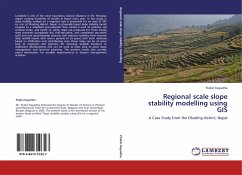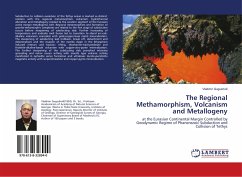Positive effects on firms from being located in geographical proximity within economically successful regions has attracted considerable attention amongst researchers and policy-makers since the 1980s, when several industrial districts in northern Italy rose from the middle to the top level of regional income in Italy. Similar observations have been made elsewhere, and clusters, interaction, relationships and networks have become concepts that influence policy-makers in many countries. This thesis focuses on regional strategic networks (RSNs). RSNs are used as a tool for regional development with a view to strengthening regional relationship-development and networking by forming regional groups of actors. The thesis aims to clarify the nature of RSNs and the value of geographical proximity in both theoretical and practical terms. Findings from two case studies are reported.
Bitte wählen Sie Ihr Anliegen aus.
Rechnungen
Retourenschein anfordern
Bestellstatus
Storno








